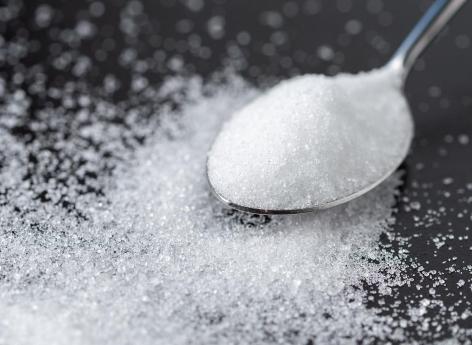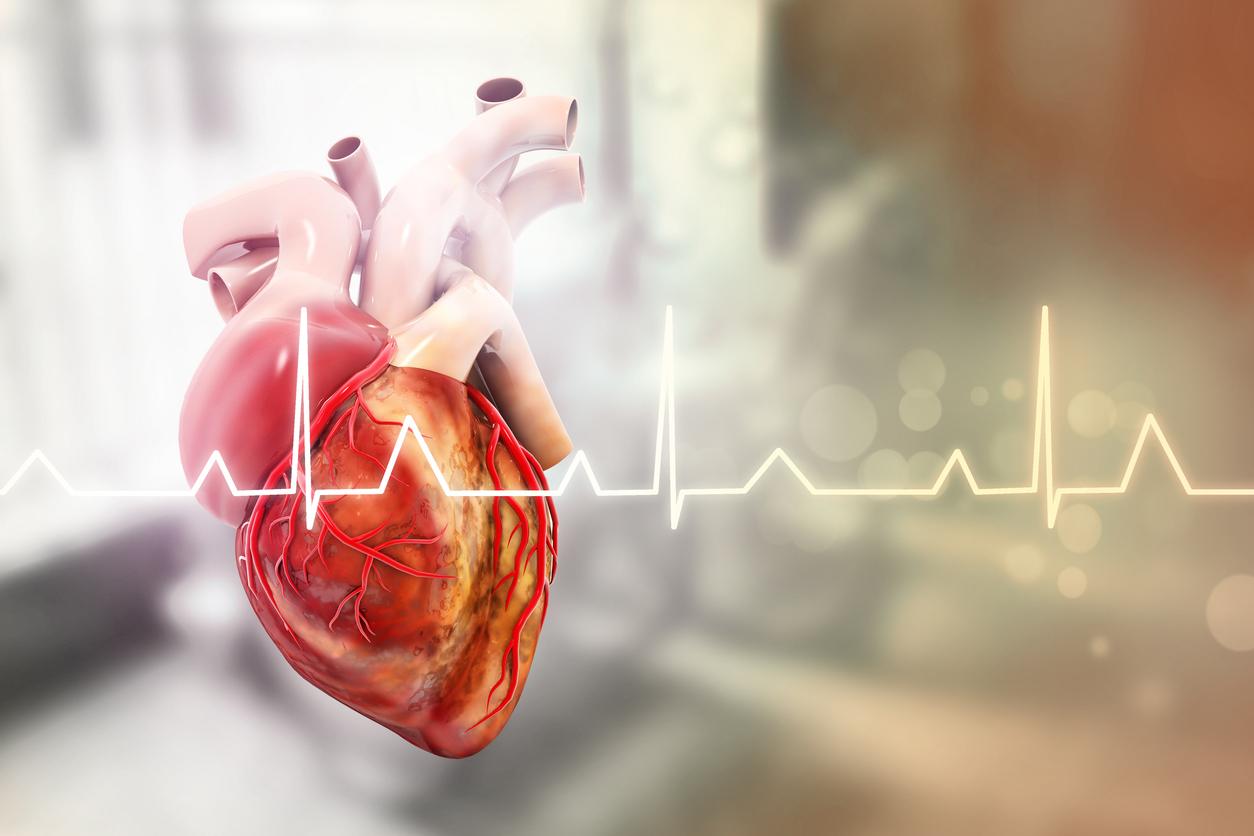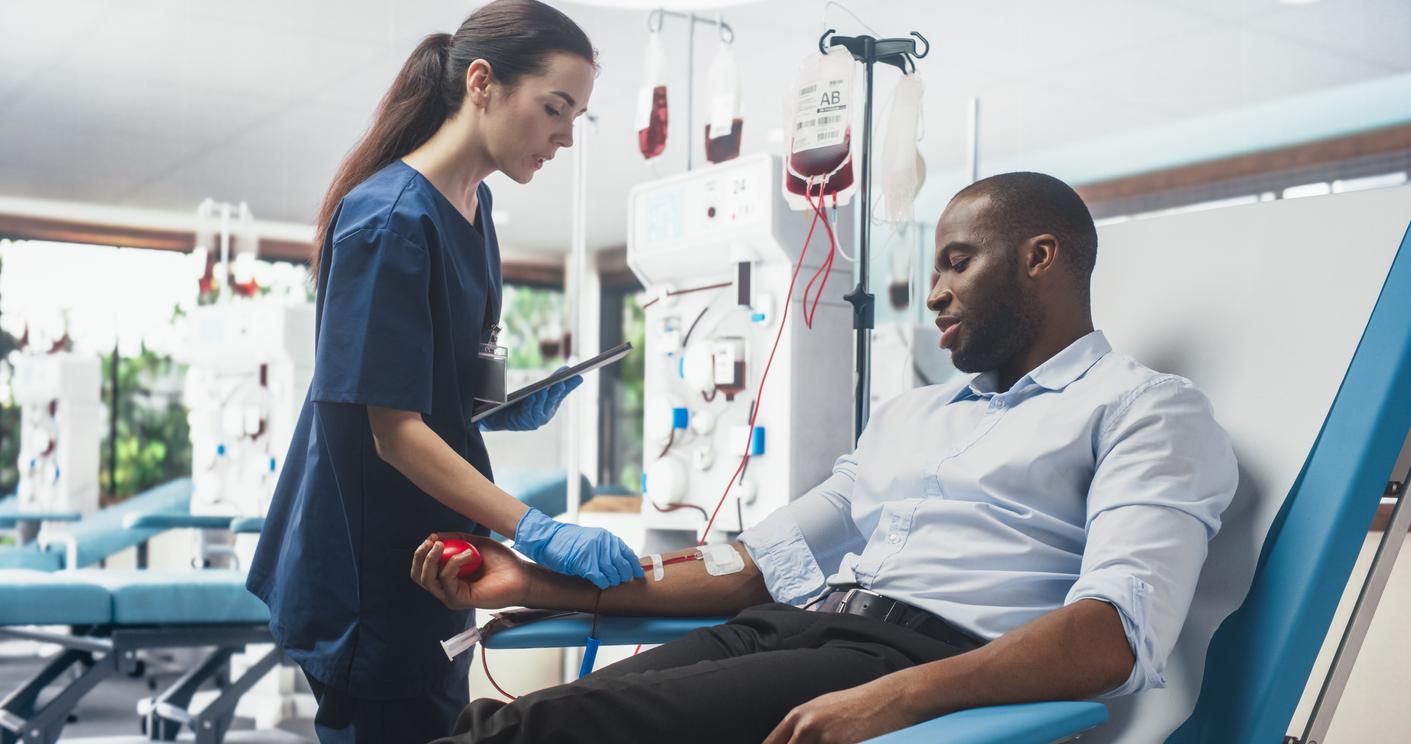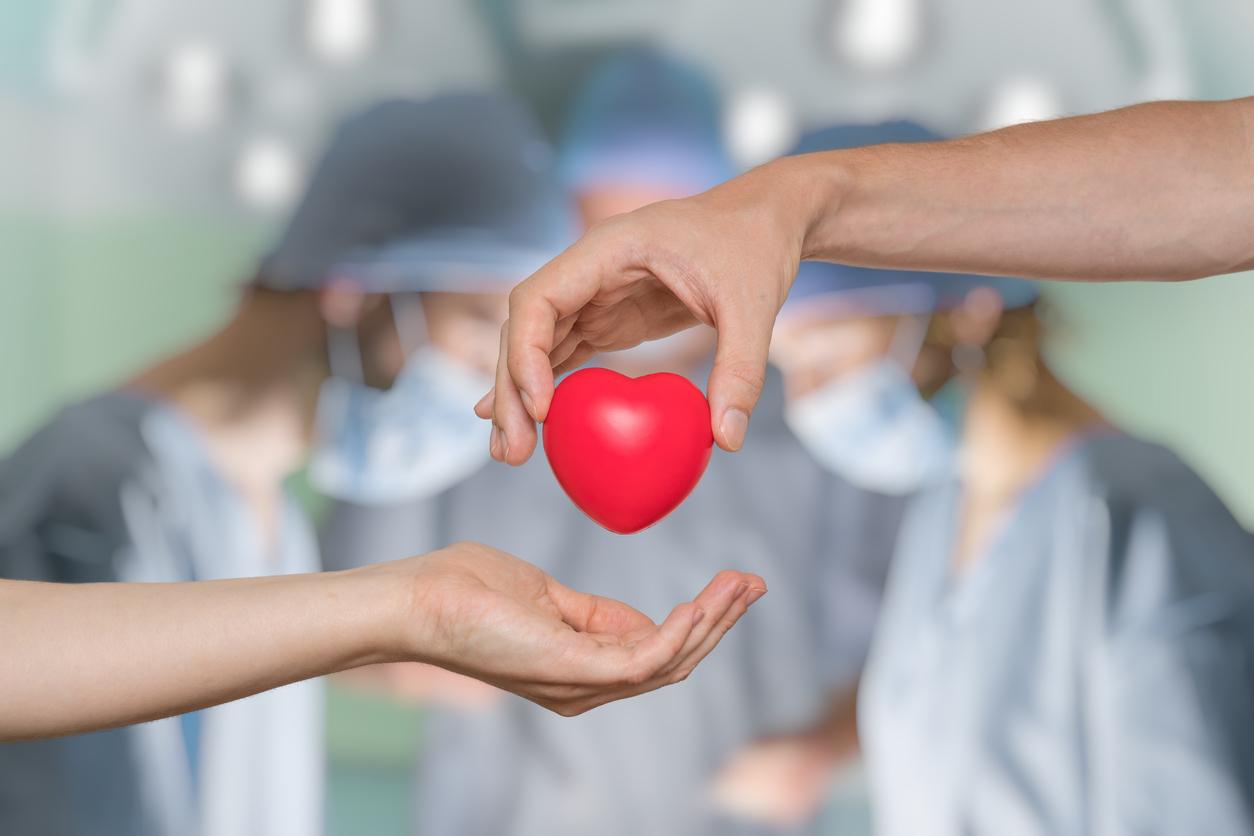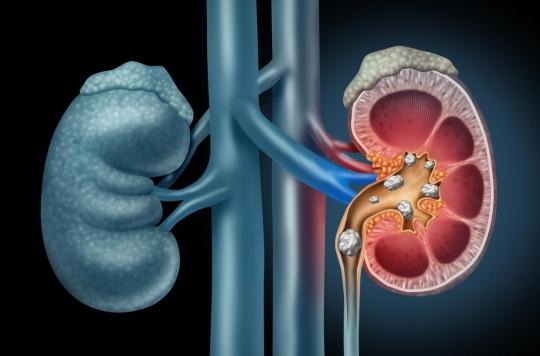Thanks to the generosity of regular or occasional donors, 10,000 donations per day are made in France. This solidarity gesture makes it possible to treat a million patients each year.

“In 2015, let’s do even better than in 2014. Let’s celebrate life, give our blood! This is the message launched by the French Blood Establishment (EFS) which, during the week of June 14, will welcome donors in 147 collection sites and organize 200 event collections.
Initiated in 2004, World Blood Donor Day also aims to raise public awareness of a simple, generous and above all “useful” gesture. But, by the way, what’s the use of the blood you donate. Explanations.
Blood diseases
Patients with certain genetic diseases affecting red blood cells receive blood transfusions throughout their lives. This is the case, for example, of the sickle cell anemia or the thalassemia.
In addition, hematological diseases affect the bone marrow and require the transfusion of red blood cells, platelets or plasma. Intensive treatment of certain diseases can also lead to insufficient production of blood cells (radiotherapy, chemotherapy). During this so-called period ofaplasia, a transfusion support makes it possible to renew the blood cells and to strengthen the weakened organism.
Finally, during childbirth or surgery, hemorrhage may occur, necessitating an urgent and significant need for labile blood products.

Immediate help
During emergency aid, if the patient has lost a large amount of blood, in addition to a transfusion of red blood cells and plasma, he also receives platelets which facilitate clotting and help stop the bleeding. Therapeutic plasma is indicated in hemorrhages, emergency situations, and plasma exchanges (in the case of autoimmune diseases).

Rare bloods
Finally, the EFS also recalls that certain blood groups are rare in the general population, but frequent in certain migrant populations. Also, some patients from certain regions of the world cannot be transfused, due to the specificities of their blood.
To offer all patients transfusions adapted to their blood profile, the French Blood Establishment must ensure a diversity of donors every day to guarantee qualitative self-sufficiency in blood products. This mission will be a major issue for the EFS in the years to come, in particular to provide the best possible care for sickle cell disease, from populations originating from sub-Saharan Africa and the West Indies.
To carry out its missions, the EFS must collect 10,000 blood donations per day. 40,000 mobile collections are organized each year throughout mainland France, the West Indies and Réunion.

Source: French Blood Establishment
.









